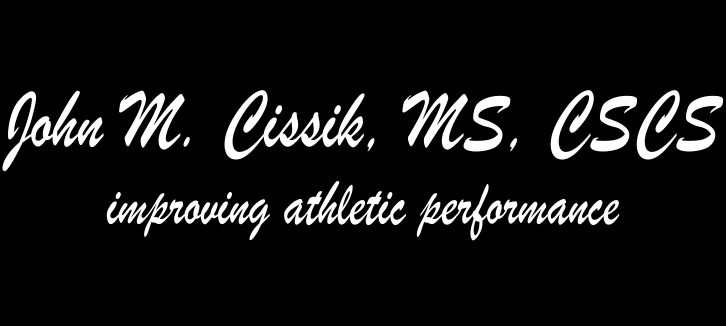The November issue of Medicine and Science in Sports and Exercise has an interesting point/counter-point article examining whether acute increases in anabolic hormones drive muscle hypertrophy. The theory is that a bout of resistance training will increase testosterone, growth hormone, and IGF-1. This short-term increase is necessary for stimulating the hypertrophy of the muscles. Now, the fact that resistance training causes a short-term (i.e. after the session of training) increase in those hormones is pretty well established. The challenge is that there’s very little evidence for a long-term increase in these hormones from strength training, so the thinking is that the short-term (i.e. post exercise) spike is what helps to drive hypertrophy.
In the pro hormone part of the paper, Schroeder and Villaneuva cite a number of studies that support the influence of these hormones on hypertrophy. To summarize their points in support:
- If testosterone is suppressed, it impacts lean muscle gains from strength training when compared to subjects who do not have their testosterone suppressed.
- Training programs that elicit greater increases in growth hormone and/or testosterone lead to greater increases in lean muscle mass.
West and Phillips present the counter argument. In summary, their points are:
- There are studies that show hypertrophy without the acute increase in these hormones.
- Studies exist that do not have a statistical relationship between hormonal changes and hypertrophy. For example, high responders to training in terms of lean muscle mass gains might not be high responders to training in terms of hormonal response and vice versa.
- Taking growth hormone in the absence of exercise does not cause hypertrophy.
- Feels that there is something else going on within the muscles that requires more investigation.
After presenting their points, the authors provide a rebuttal to the opposing view. Schroeder and Villaneuva (pro hormones) make the following points:
- Hypertrophy may very well occur without the acute increase in hormones, but the hormones may be necessary to “optimize” hypertrophy.
- Studies that challenge the hormone theory frequently involve the supplementation of aminio acids or protein, so they may be comparing apples to oranges.
- Studies that challenge the hormone theory are using small muscles, like the elbow flexors.
In their rebuttal, West and Phillips (con hormones) make the following points:
- Many things may be necessary to “optimize” hypertrophy.
- It is unclear what role, if any, growth hormone has in strength and hypertrophy gains. This is not definitively established in the literature.
- The studies quoted by the pro authors frequently compare apples to oranges, for example exercisers to non exercisers or are looking at extreme situations (for example, cancer patients whose treatment has knocked out the production of these hormones and may have other effects on strength training adaptations).
It’s a fascinating article and it goes to reinforce that nothing is sacred and the more we know, the more we realize we don’t know. What I find interesting is that neither set of authors did a particularly strong job with their literature review to support their positions – but it’s possible that they had some severe space limitations with which to present their case.
West, W.D., Phillips, S.M., Schroeder, E.T., and Villanueva, M. (2013). Are acute post-resistance exercise increases in testosterone, growth hormone, and IGF-1 necessary to stimulate skeletal muscle anabolism and hypertrophy? Medicine and Science in Sports and Exercise, 45(11), 2044-2051.

